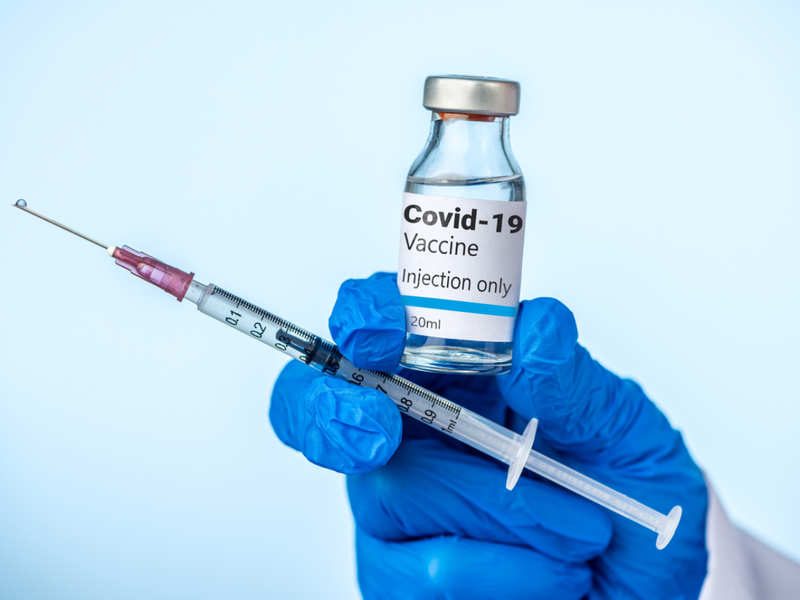According to the ICMR study, combining two vaccinations (covidshield and covaxin) is safe and results in improved protection. Numerous research is being done worldwide to determine if a combination of two distinct vaccinations may outperform two doses of the same vaccine. However, experts suggest that mixing should not be done arbitrarily but rather should be guided by a number of factors.

Cyrus Poonwalla, Chairman of Covid Shield manufacturer Serum Institute of India, commented on the ICMR study, saying that combining two different vaccines is a highly dangerous move that should be discouraged.
Additionally, he stated, “I am opposed to vaccination mixing. If mixing occurs and the outcomes are negative, vaccination producers will point the finger at one another. To begin, the vaccination authority will never provide complete approval since it is an extremely hazardous decision and a waste of time. When vaccination is effective, why would we want to change it up and risk complications? This should be totally discouraged.”
According to the ICMR’s study of 98 people, in which 18 people received Covid Shield as the first dose and 18 people received Covaxin as the second dose in Uttar Pradesh’s Siddhart Nagar, immunization with a cocktail of Covidshield and Covaxin was found to be safe and that adverse effects were comparable when compared to the same dose regimen.
According to the research, “We compared their (18 people) safety and immunogenicity profile to that of those receiving Covishield or Covaxin. Reduced and comparable adverse effects following vaccination were seen in all three groups, demonstrating the combination vaccine regime’s safety.
The heterologous group’s immunogenicity profile against Alpha, Beta, and Delta variations was superior, and the participants’ IgG antibody and neutralizing antibody responses were likewise considerably greater than those in the homologous groups “‘.
What does the World Health Organization have to say about this?
The World Health Organization reports that there is presently insufficient data on the immunogenicity or effectiveness of a “mix and match” regimen. The AstraZeneca guidelines have been amended to specify that any of the mRNA vaccines (Pfizer or Moderna) may be administered as a second dosage following a first dose of the AstraZeneca vaccination if the AstraZeneca vaccine is not available as a second dose. WHO believes that mix-and-match regimens are likely to succeed based on the fundamental principles upon which vaccinations operate. However, we need to do a thorough analysis of the data for each of these vaccination combinations before making any more recommendations.

